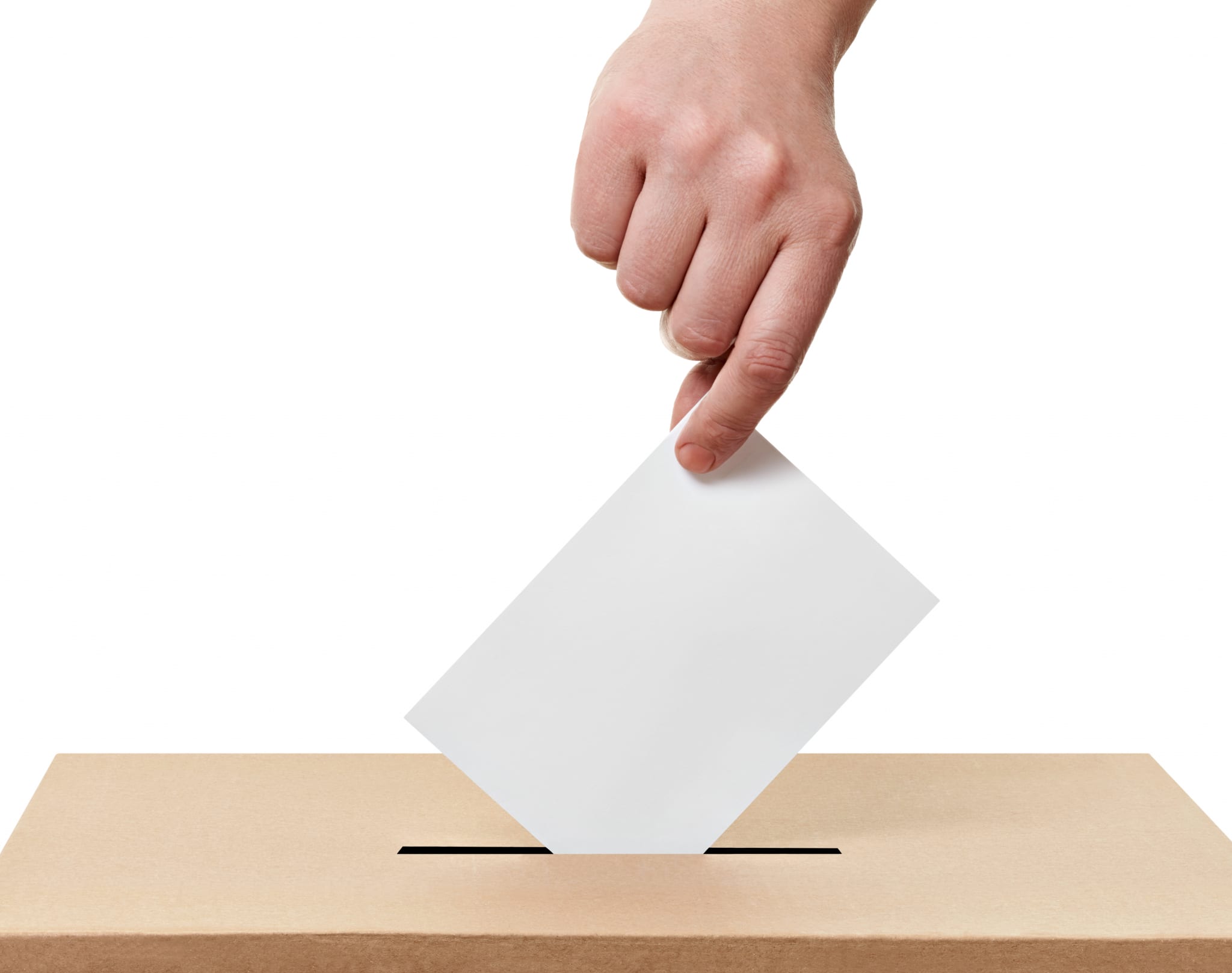A PDF version of this joint statement is available to download.
Contact: Erika Hudson [email protected]
WASHINGTON, DC – Today, the undersigned disability organizations issued the following joint statement expressing concerns over a paper ballot mandate.
How ballots are cast in the United States varies depending on what different jurisdictions offer to their voters. Today, most voters in the U.S. cast their ballot by marking a paper ballot by hand or by Ballot-Marking Device (BMD), with some use of Direct Recording Electronic (DRE) voting machines.
Most American voters are familiar with the former, which requires voters to mark, verify and cast a paper-based ballot. BMDs use an electronic interface to aid voters in marking their ballot. Once the voter has made selections with the BMD, the device directly marks on or prints the ballot. The voter then typically verifies and casts the ballot into the same optical (or digital) voting scanner that hand marked paper ballots are cast. BMDs simply increase the accessibility of paper ballots by allowing voters with disabilities to use these accessible voting machines to magnify, ‘voice,’ and mark their ballots. For example, a blind voter cannot privately and independently mark a paper ballot with a pen, however, they can privately and independently mark their ballot using a BMD.
DRE voting systems, on the other hand, allow voters to use an electronic interface to mark, verify and cast their votes electronically with or without a paper back up. Arguably, DREs provide the best option for voting privately and independently for all voters with all types of access needs based on age, disability, language fluency, literacy, and many other individual circumstances, as guaranteed to all voters by the Help America Vote Act and Americans with Disabilities Act. DREs eliminate the need to handle or directly verify a paper ballot, which prevents BMD voting systems from being fully accessible to all eligible voters.
Despite overall reduced paper consumption in many areas of daily life, as a result of technological advancement, paper-based ballot voting options have become the preferred voting system to many who believe mandating the use of paper ballots is necessary to ensure the security of our elections. However, it must be made abundantly clear, that the ability to privately and independently hand mark, verify, and cast a paper ballot is simply not, and will never be, an option for all voters.
Given that paper ballots are already the predominant method of casting a ballot in America today, mandating paper ballots is frankly unnecessary. Additionally, any mandate of a paper-based voting system will inevitably harm voters with disabilities. A paper ballot mandate would: 1.) end all voting system innovation and advancement to produce a fully accessible voting system that provides enhanced security without relying on inaccessible paper; 2.) limit voters with disabilities’ federal right to privately and independently verify and cast their ballots and; 3.) ultimately segregate voters with disabilities.
Further, any paper ballot mandate that entitles voters to a hand marked ballot threatens the availability of BMDs for voters who rely on them to mark their ballots and drastically limits use of BMDs to voters with disabilities. This would result in segregating voters with disabilities away from the entire pool of voters by making them the only group of people that use a particular type of voting machine. Federally mandated segregation is problematic alone, but in practice, it also increases the likelihood that poll workers will not be properly trained on the machine, the machines will not be properly maintained or set up for use, and if the only available BMD is not functioning, there is no alternative option for voters who need it. Limits on BMD use will also saddle poll workers with determining who is “disabled enough” to use the BMD, a decision for which they have no qualifications or legal right. Finally, if the ballot produced by the BMD is not identical to the hand marked ballot or the BMD ballot cannot be scanned and stored with hand marked ballots, the voter’s right to cast a private ballot is violated.
To be clear, no paper ballot voting system today, ready for widespread use, is fully accessible. Even BMDs require voters with disabilities to verify and a cast a paper-based ballot, which does not ensure a private and independent vote. A fully accessible voting system by Federal law must ensure the voter can receive, mark, verify, and cast the ballot without having to handle paper. Most, if not all, market-ready voting systems cannot do this.
Before paper-based voting systems become the law of the land, the harm to voters with disabilities must be addressed.
Signed,
American Association of People with Disabilities
American Council of the Blind
American Foundation for the Blind
American Network of Community Options & Resources
Association of Assistive Technology Act Programs
Association of Programs for Rural Independent Living
Association of University Centers on Disabilities
Autistic Self Advocacy Network
Bazelon Center for Mental Health Law
Disability Rights Education and Defense Fund
National Association of Councils on Developmental Disabilities
National Council on Independent Living
National Disability Rights Network
National Federation of the Blind
Paralyzed Veterans of America
RespectAbility
Self Advocates Becoming Empowered
The Arc of the United States
United Cerebral Palsy
United Spinal Association

